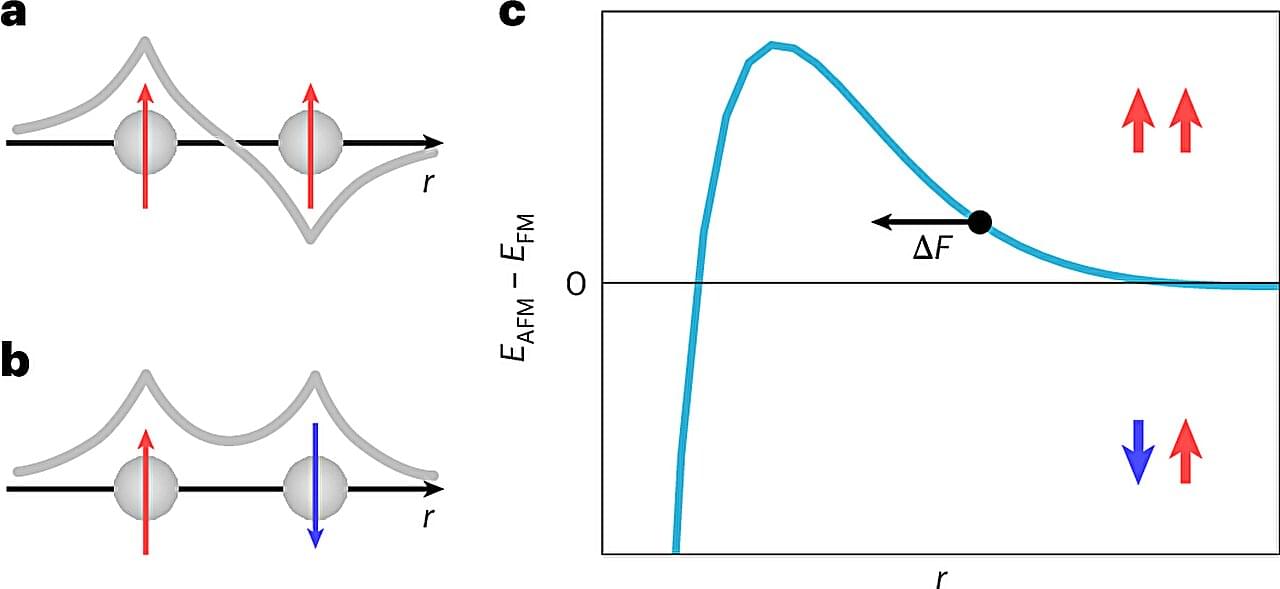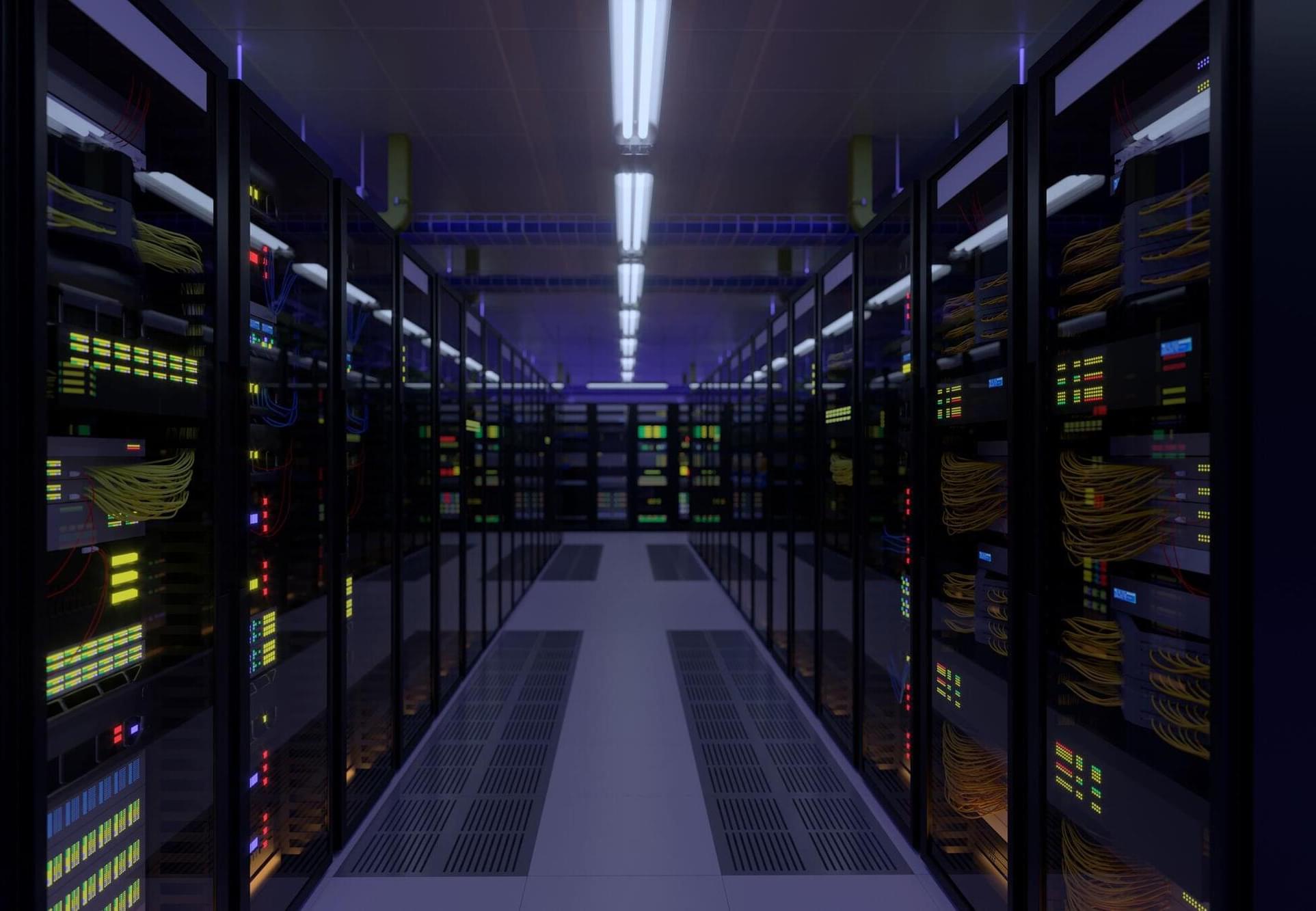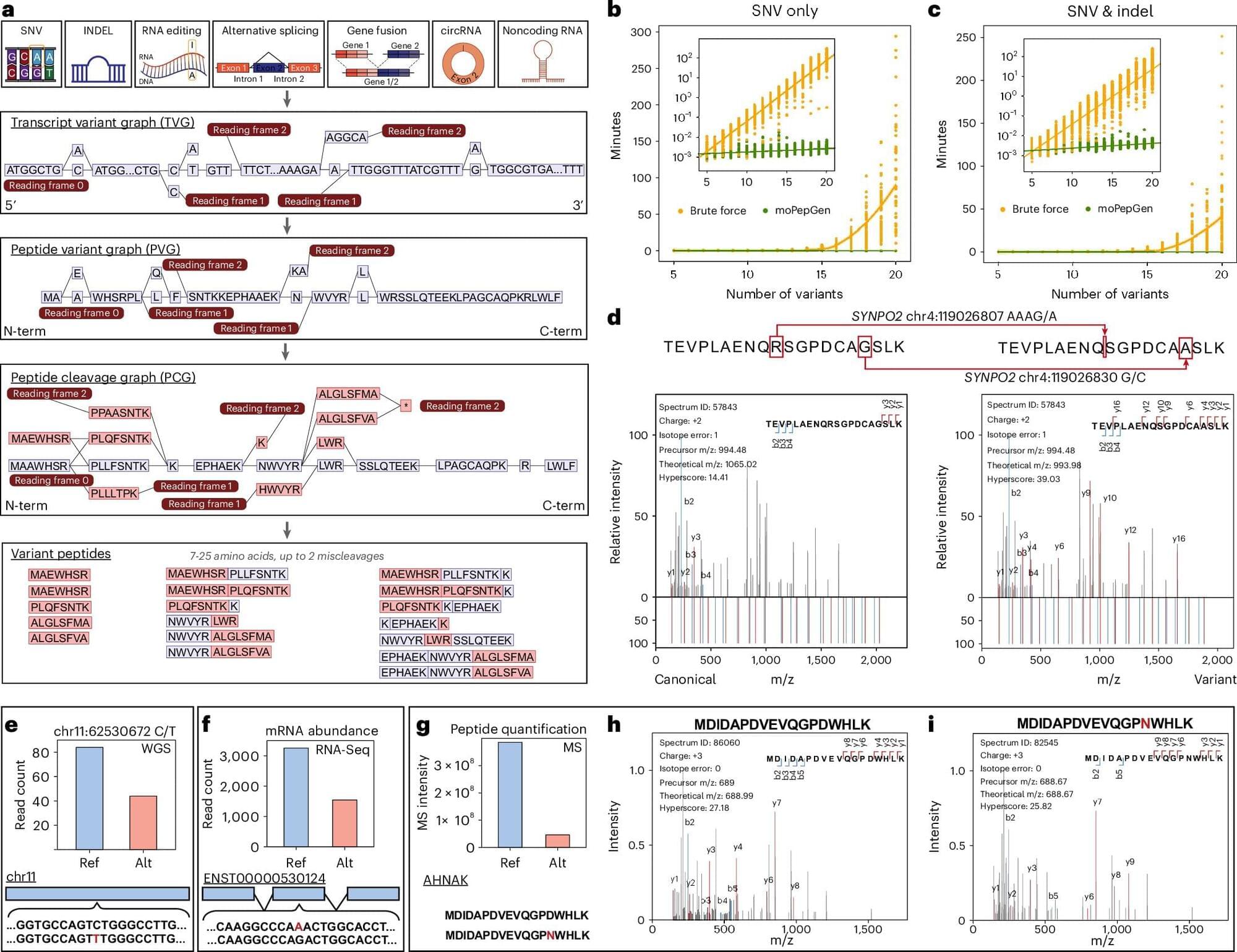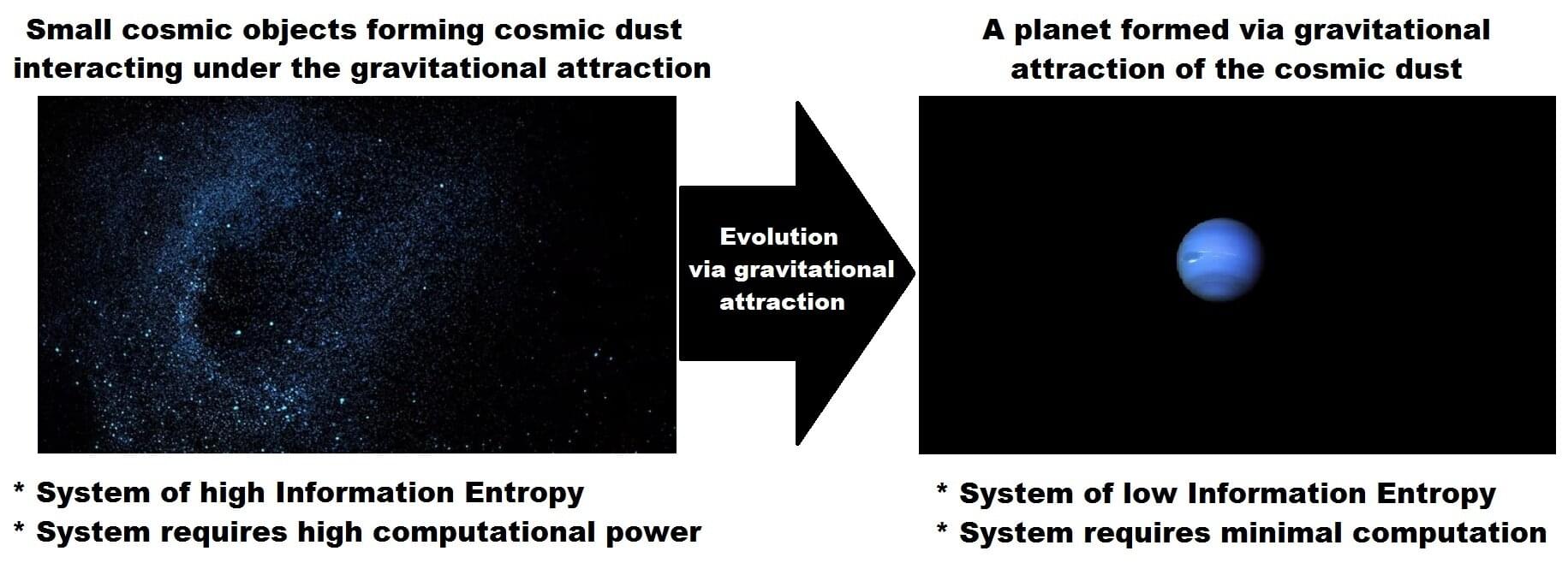Research from the University of St Andrews has set a new benchmark for the precision with which researchers can explore fundamental physics in quantum materials. The work has implications extending from materials science to advanced computing, as well as confirming a nearly 100-year-old prediction.
The researchers explored magnetoelastic coupling, which is the change in the size or shape of a material when exposed to a magnetic field. It is usually a small effect, but one that has technological consequences.
A team from the School of Physics and Astronomy at the University of St Andrews has now discovered that this effect is remarkably large in a case where one wouldn’t have expected it—in a transition metal oxide. Oxides are a chemical compound containing at least one oxygen atom and one other element in its chemical formula. High-temperature superconductors are one of the most prominent examples of a transition metal oxide.







